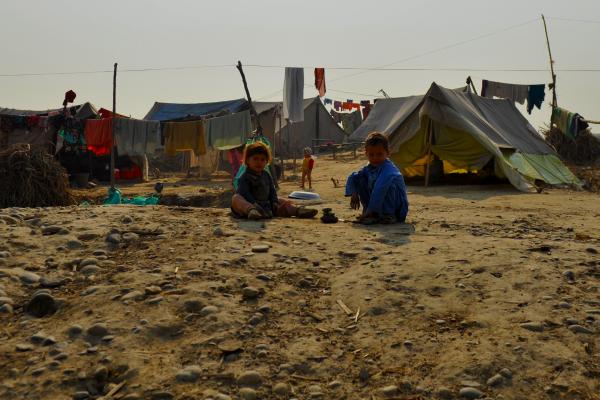When one of the U.K.’s most beloved religious programs took the opportunity to profile a group of Ethiopian and Eritrean Christians and document the church they built within the “jungle” of Calais, you can imagine the resulting shock.
Some sources, such as the U.K.’s Daily Express, labeled the profile a propaganda piece, called for punitive measures against the BBC, and claimed the BBC was a politically biased institution out of touch with the concerns of the common tax payer.
But what the story revealed was this: that at the borders of one of the largest and most influential national churches in the world, this flimsy construction of tarps and plywood reflected the endurance of faith, the tenacity of hope, and the beauty of grace with more elegance and majesty than Europe’s empty cathedrals.
Read the Full Article

